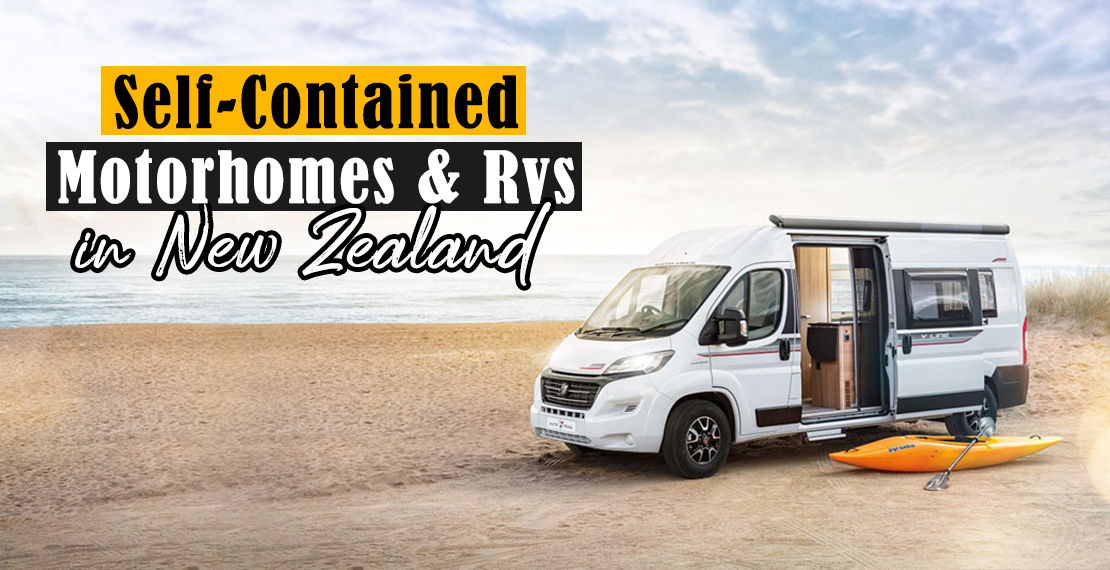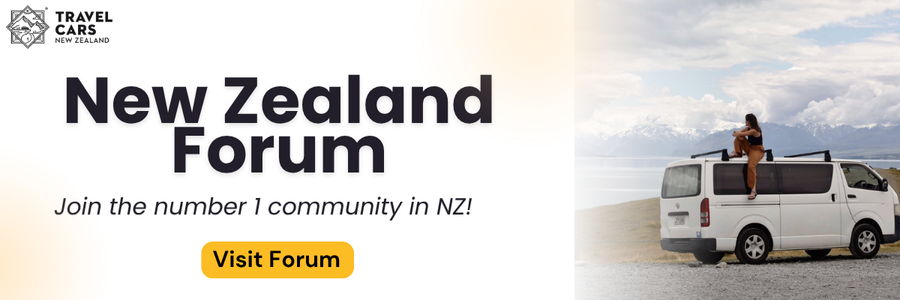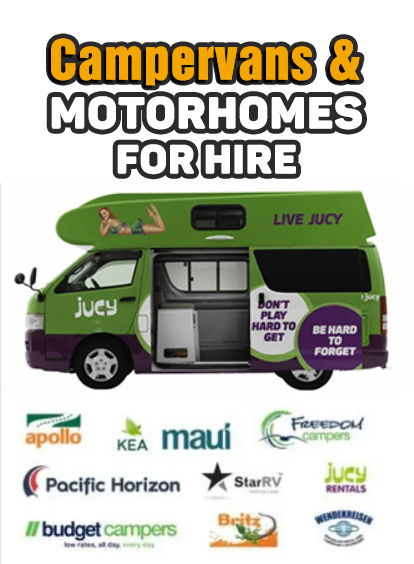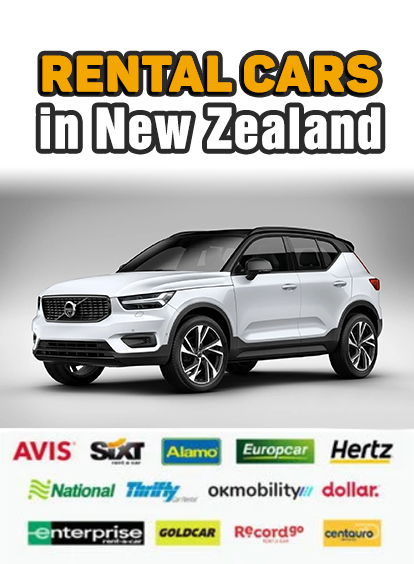✅ Last Update: May 15, 2025 @ 11:33 am
🚐 Popular Types of Self-Contained Vehicles
Depending on your budget and travel style, there are different self-contained options:
| Vehicle Type | Ideal For | Features |
|---|---|---|
| Small Campervans | Budget travelers, solo or couples | Compact size, portable toilet, small water tanks |
| Mid-Size Motorhomes | Couples or small families | Full kitchen, built-in toilet, more comfort |
| Large RVs | Families or groups | Spacious living, full bathroom, heating, and solar panels |
🎯 For more information about Self-Contained, you can check the following guide: Self-Contained in New Zealand | The Ultimate Guide
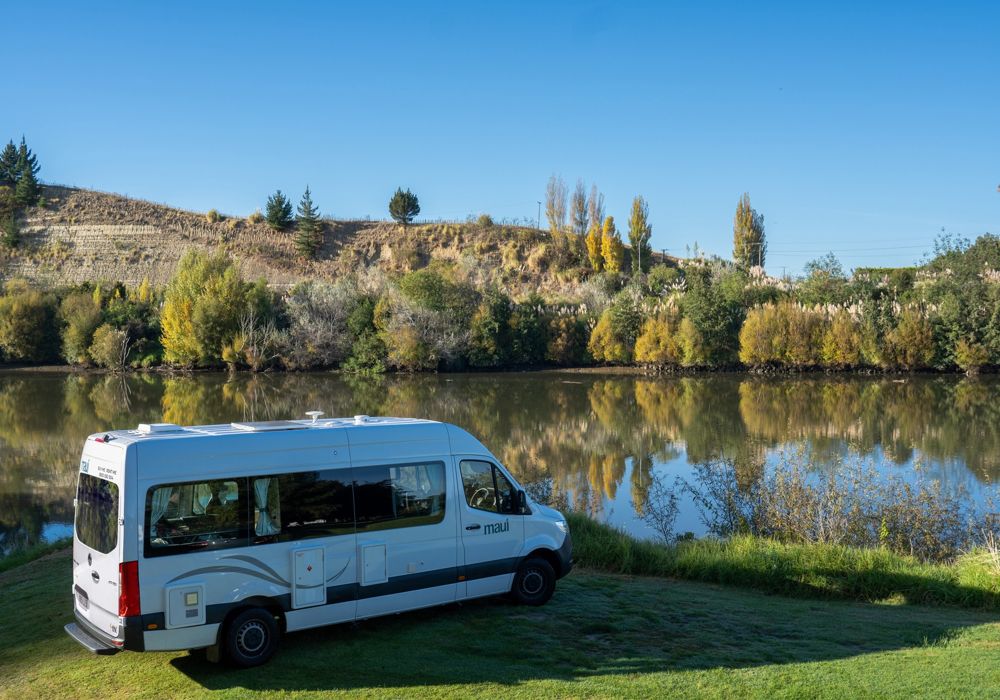
🔍 Where to Buy or Rent a Motorhome in New Zealand
At Travel Cars you can find some motorhomes listed for sale, and also you can check sites such as Facebook Marketplace or dealerships specialized on selling motorhomes and RVs.
- If you are new to the motorhome market, you can also consider checking the following guide: Best Tips for Buying a Motorhome in New Zealand
When it comes to Renting
Usually, 100% of the motorhomes for hire in New Zealand have a self-contained certification.
If you want to check quickly different models and prices you can use the TCNZ tool to compare the best deals, it is always recommened to book way ahead, specially if planning to travel during the peak season (October to March)
📝 How to Know if a Rental Is Self-Contained
Before booking your motorhome or campervan, check the listing carefully. A self-contained vehicle will:
- Clearly mention it is self-contained certified
- Show photos of a toilet
- Include the blue certification sticker on the vehicle
If you’re unsure, ask the rental company directly. Some smaller campervans may advertise “basic camping” setups, but are not self-contained.
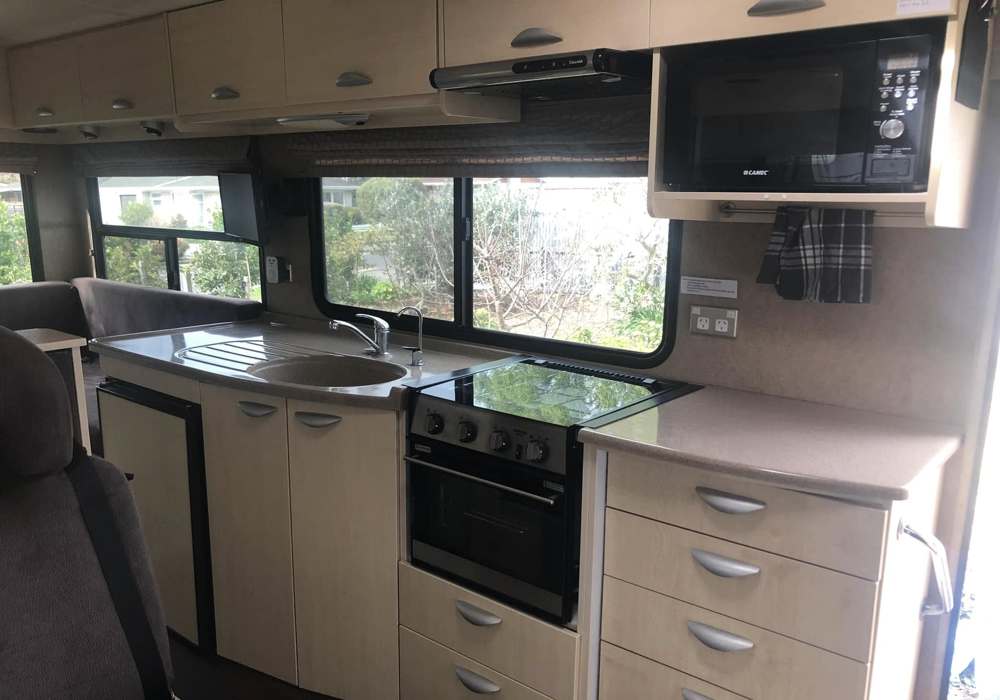
🏞 Why Self-Containment Matters
Freedom camping is a big part of the New Zealand road trip experience, but it comes with strict rules.
In many places, only self-contained vehicles are allowed to camp outside official campgrounds. If you park overnight without one, you risk a $400 fine.
Having a self-contained motorhome means you can stay in more remote, scenic locations — lakesides, beaches, forests — without worrying about finding a campground every night.
- It also means you’re traveling responsibly, protecting New Zealand’s natural beauty for future generations.
📌 More about Motorhomes & Self-Contained
At Travel Cars NZ we create monthly content about motorhomes, some of the most popular articles are the following:
- Best Brands and Models: A quick guide about all the types of motorhomes you can find on the NZ market.
- Insurance Costs: Discover how much it costs to insure a motorhome or RV.
- Luxury Options: For luxury enthusiast, an article about luxury motorhomes for sale.
🧑💻 FAQs about Motorhomes & RVs in New Zealand
No, if your motorhome is under 6,000 kg (most rentals are), you can drive it with a full car license from your home country. If your license isn’t in English, you’ll need an International Driving Permit (IDP).
In New Zealand, “campervan” usually means a smaller, simpler vehicle. “Motorhome” and “RV” refer to larger, fully-equipped vehicles with kitchens, toilets, and more space.
Most rental agreements allow driving on well-maintained gravel roads, but some remote or rough roads are restricted. Always check with your rental company.
Summer (December to February) is the most popular time, but spring (September–November) and autumn (March–May) offer fewer crowds, lower prices, and beautiful scenery.



